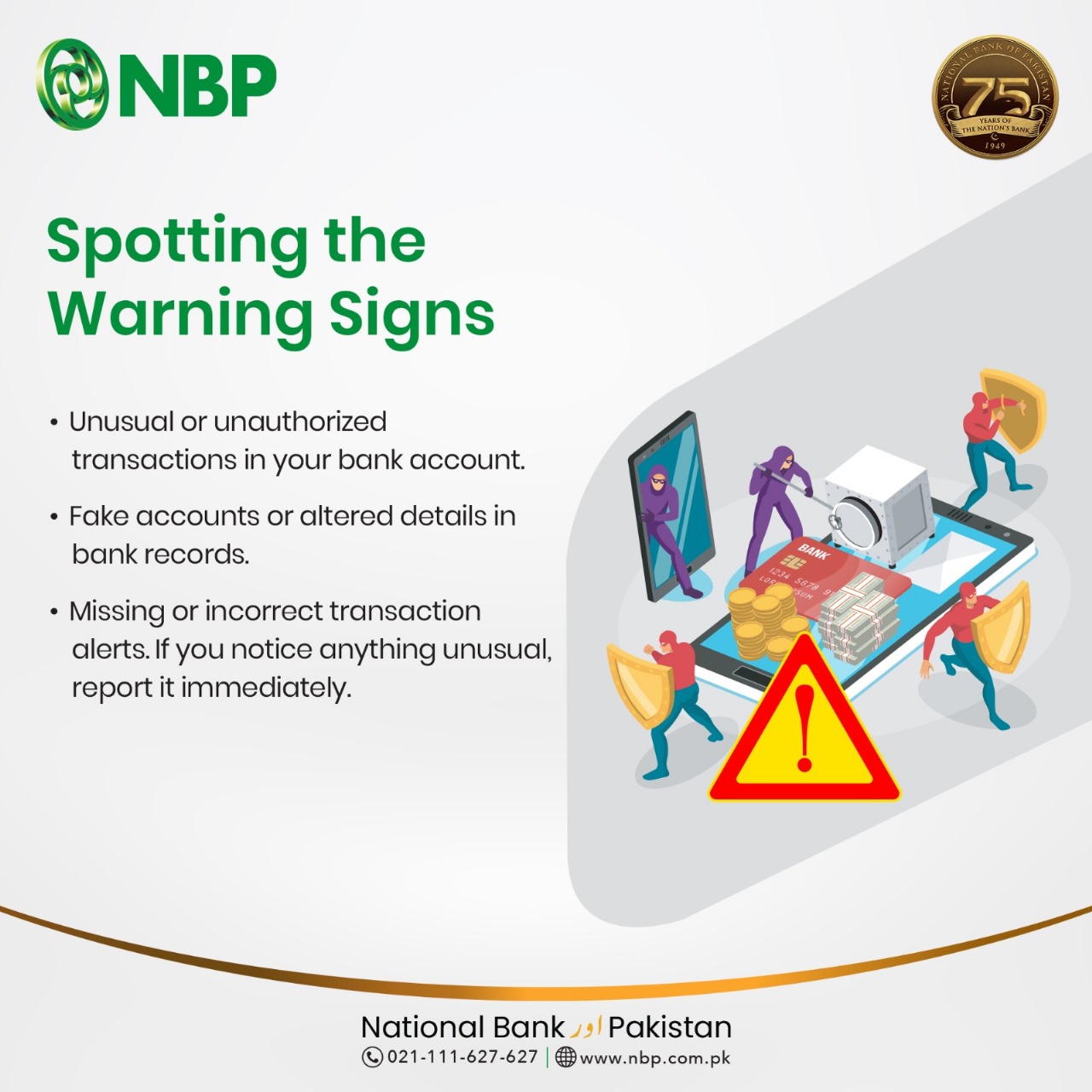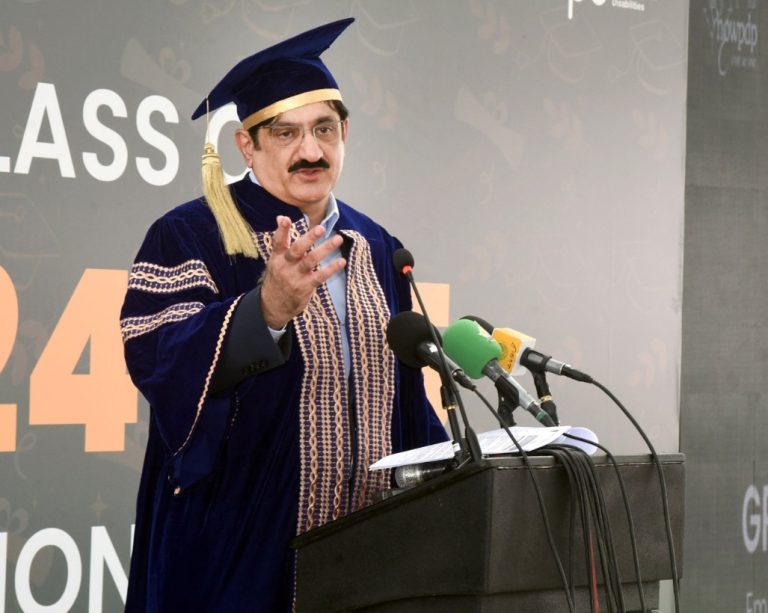In an age of instantaneous digital transactions, the sudden appearance of an unexpected sum of money in your bank account might feel like winning the lottery. However, financial and legal experts in Pakistan strongly advise against viewing such an event as a stroke of luck. The anonymous deposit could be a simple clerical error, or it could be a harbinger of more complex issues, including criminal investigations.
The discovery of unsolicited funds, whether a few hundred rupees or a larger amount, places the account holder in a precarious position. Recent incidents in Pakistan involving large-scale embezzlement and banking fraud, where funds were illicitly moved through various accounts, underscore the potential risks. An account receiving such funds, even passively, can become entangled in a web of financial crime.
So, what should you do if you find yourself in this situation? Acting promptly and transparently is key to protecting yourself from potential legal and financial jeopardy.
The following steps provide a clear course of action if you receive an unknown credit to your bank account in Pakistan:
1. Do Not Touch the Funds
The cardinal rule is to resist the temptation to withdraw, spend, or transfer the money. Utilizing funds that do not rightfully belong to you, even if they were deposited into your account by mistake, can be construed as illegal. This act could lead to serious criminal charges, including theft or misappropriation of property.
2. Contact Your Bank Immediately
The moment you notice the anomalous transaction, your first call should be to your bank. Be prepared to provide them with:
- Your account details.
- The precise date and time of the transaction.
- The exact amount that was credited.
- Any available transaction reference numbers or remarks attached to the deposit.
Pakistani banks are well-versed in handling such occurrences and will initiate an investigation to trace the origin of the funds. The State Bank of Pakistan (SBP) has a formal Complaint Resolution Mechanism in place, and your initial contact with the bank is the first step in this process.
3. Secure a Written Acknowledgment
For your own protection, request a written acknowledgment from your bank confirming that you have reported the erroneous transaction. This document is crucial as it serves as tangible proof of your honesty and responsible actions should the matter escalate to an investigation by authorities.
4. Allow for Bank Error Checks
Often, these situations are the result of human error or a technical glitch within the banking system. Your bank has the necessary protocols to track the source of the transfer and ascertain whether it was accidental.
5. Be Prepared for a Reversal
Once the bank identifies the rightful owner or the source of the error, they will likely reverse the transaction, debiting the amount from your account. It is imperative that the full, untouched amount remains in your account to avoid any overdraft penalties or further disputes.
6. Cooperate with Law Enforcement if Necessary
If the transaction is deemed suspicious, your bank has a legal obligation to report it to the relevant authorities. In Pakistan, this could involve the Federal Investigation Agency (FIA)or the State Bank of Pakistan. The FIA investigates financial crimes, including those falling under the Prevention of Electronic Crimes Act (PECA),which covers a range of offenses from electronic fraud to unauthorized access to information systems. Should you be contacted by these agencies, full cooperation is essential.
7. Maintain Meticulous Records
Keep a detailed record of all your communications with the bank and any other involved parties. This includes dates and times of phone calls, copies of emails, and any written correspondence. These records can be invaluable if legal questions arise later.
The Legal Landscape in Pakistan
Ignoring an unsolicited deposit is not a viable or legal option. Under Pakistani law, knowingly retaining and using money that is not yours without making a reasonable effort to find the owner and return it can be treated as criminal misappropriation of property under the Pakistan Penal Code, 1860.
Furthermore, with the stringent enforcement of Anti-Money Laundering (AML) and Counter-Financing of Terrorism (CFT) regulations by the State Bank of Pakistan, financial institutions are under immense pressure to monitor and report suspicious transactions. An unexplained large credit to your account could trigger these alarms, leading to the freezing of your account during an investigation.
The Ethical and Prudent Path
The overarching advice from financial and legal professionals is to act with integrity and immediacy. The temporary availability of funds that are not yours is not worth the potential for criminal charges, a frozen bank account, and a damaged reputation.
As one banking professional noted, “The banking system is built on trust. Informing the bank about an erroneous credit is not just a legal requirement; it’s an ethical one. It protects you and helps maintain the integrity of the financial system.”
In conclusion, while the appearance of unknown funds in your account may be startling, the path forward is clear and dictated by prudence and law. By immediately notifying your bank, refraining from using the money, and documenting your actions, you can effectively navigate this unexpected event and safeguard yourself from any adverse consequences. Remember the simple but crucial principle: just because the money is in your account, it doesn’t mean it’s yours to keep. If in doubt, seeking advice from a legal or financial advisor is always a wise decision.














3 thoughts on “What to Do if Unknown Money Lands in Your Pakistani Bank Account”
Comments are closed.